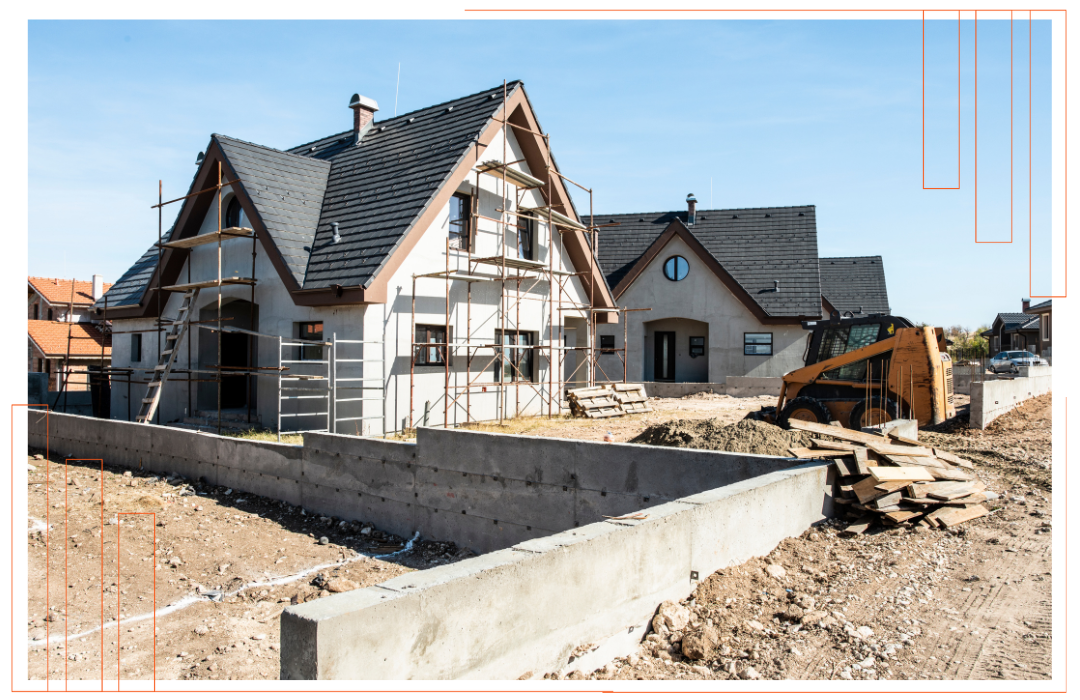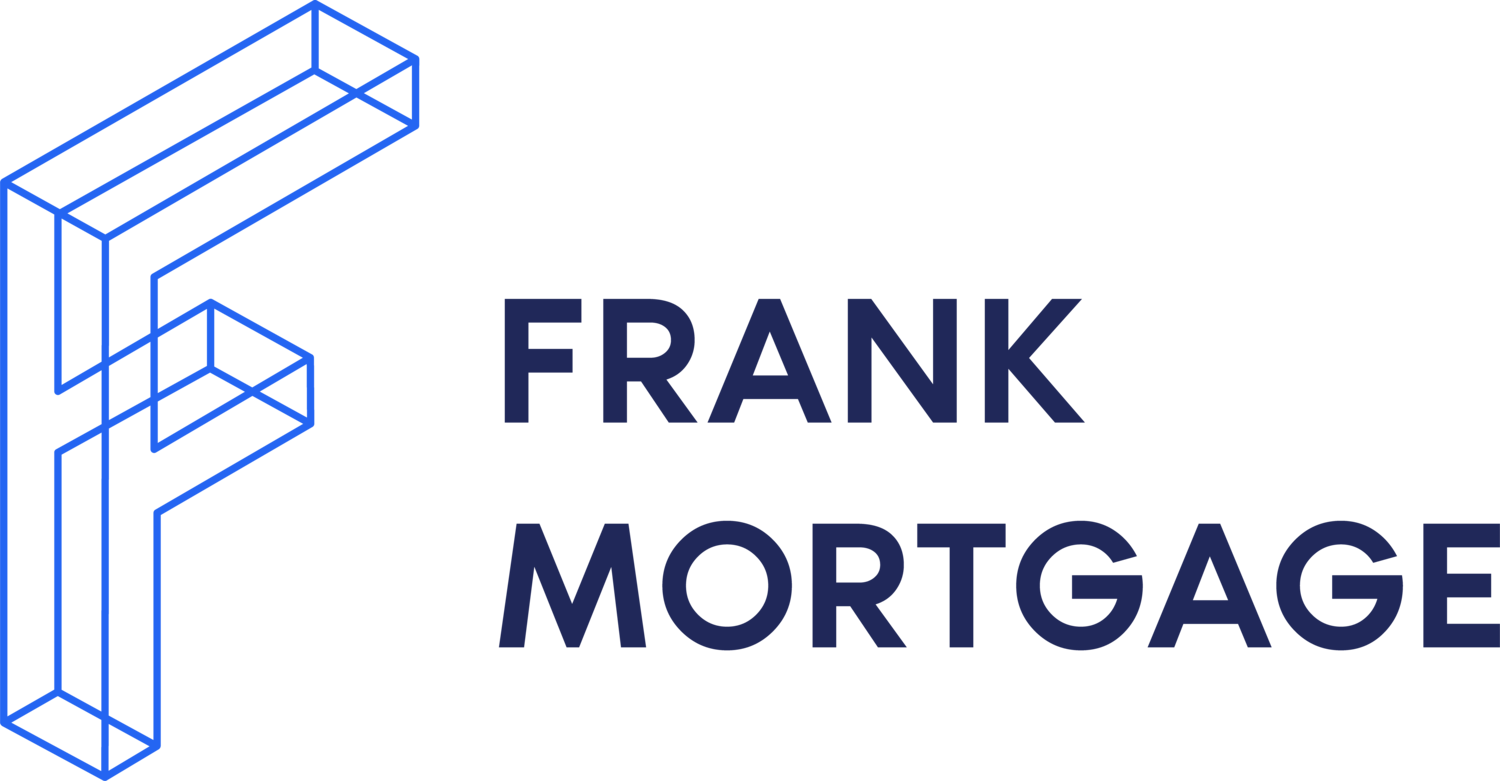Tips for New Homebuyers in Canada

Buying a new home is an exciting milestone in anyone's life. Despite the stresses that come from trying to understand the real estate and mortgage markets, when done right, the purchase of a new home is a moment of exhilaration. A little preparation in advance can help you achieve a positive outcome. In this comprehensive guide, we have aggregated our best tips from years of experience working with real estate agents, lawyers, mortgage brokers, builders, and financial planners to help you make informed decisions and ensure a smooth home buying journey in Canada.
Determine Your Budget and Ability to Afford Homeownership
Before starting your home search, you need to determine if homeownership is right for you. Not only is this a personal and lifestyle choice but it is also a financial one. Assess your financial situation and establish a realistic budget. Some good ideas to consider when preparing a budget include:
- Look at your current budget for living expenses and debt payments and determine how large a monthly mortgage payment you can afford. As a benchmark you should know that for a prime mortgage borrower, lenders will restrict the portion of your gross monthly income that can be allocated to housing costs at 39%. This is known as the Gross-Debt Service Ratio (GDS Ratio). See here for a discussion on debt ratios - Gross Debt Service (GDS) Ratio and Total Debt Service (TDS) Ratio;
- Determine how large a down payment you can make on the purchase of a new home. A minimum down payment of 5% is required. If you do not have enough saved for a down payment, plan for how to save the required funds;
- The down payment is not the only money you need upfront. You also need to have funds available to cover closing costs. This includes all the fees and taxes payable for the purchase of the home and the mortgage financing, including:
- Legal;
- Home inspection;
- Appraisal;
- Insurance;
- Land registration;
- Land transfer tax;
- Prepaid property tax or utilities – you may need to reimburse the seller if these were pre-paid;
- Mortgage registration;
- GST/HST/QST, if it is a newly built house;
- GST/HST/QST owed on any required mortgage default insurance (only if down payment is less than 20%);
Plus, you will need to consider moving costs, furnishing costs and any repairs or upgrades you need to make to the property.
- If you can, consult with a financial planner to evaluate your income, expenses, and savings. They can help you determine how much house you can afford and assist with a plan to save for a down payment;
- Evaluate the various government assistance programs in place to help first-time homebuyers. These include:
- The First Home Savings Account (FHSA) – an RRSP type of account that allows you to save for a down payment and withdraw the funds tax-free when buying a home. See more here - First Home Savings Account (FHSA);
- The First-Time Homebuyer’s Tax Credit – if you qualify you can get a tax rebate of up to $1,500;
- The First-Time Homebuyer Incentive – a shared home equity program with the Government of Canada that helps you with the down payment for a mortgage;
- The Land Transfer Tax Rebate – availability depends on the location, but in some jurisdictions a partial land transfer tax rebate is available for new home buyers;
- The Home Buyer’s Plan – allows a withdrawal from an RRSP for a home purchase of up to $35,000;
- The GST/HST New Housing Rebate – a partial GST/HST rebate for a new or rebuilt home that is used as a primary residence.
- Evaluate the ongoing costs of homeownership and whether your income and budget can accommodate those costs. The budget you set for financing will cover the mortgage and related costs to get the financing and house purchase completed, but you also need to consider the ongoing costs of homeownership including utilities, insurance, property taxes, condo fees (if applicable), repairs and maintenance. The potential for unexpected major repairs should also not be overlooked.
Research the Local Market
You want to pick a good neighbourhood, so it's essential to research and understand the dynamics of the specific areas of interest. Consider factors such as average home prices, inventory levels, market trends, availability of schools, travel distance to work, access to transit, proximity of parks and recreation, local crime and safety, and future development plans. A house purchase can commit you to a property for a long period of time. This kind of research will help you make an informed decision.

Determine Your Preferred Property Type
Think about what you need in a home. How many bedrooms and bathrooms are needed; do you need a home office; is a garage required; how big a yard do you want; how many cars will be parked in the driveway; are there any special features like gardens or a pool that you want, and are there any special accessibility needs? Then you can consider the property types that are available in the neighbourhoods you have targeted - freehold or condo, duplex or detached, etc.
Engage a Knowledgeable Real Estate Agent
It is important to engage with a reputable and experienced real estate agent who specializes in the local market. Their local market knowledge will be key for you to find a suitable property, show you comparable sales, negotiate a price, complete the required legal paperwork, and ensure a smooth closing. They can also find you other important advisors such as building inspectors, mortgage brokers, and lawyers. Look for an agent with a proven track record and positive client testimonials.
Find a Good Real Estate Lawyer
A good real estate lawyer is essential to safeguard your interests during the purchase. They will review legal documents, conduct title searches, ensure the property's title is clear, and address any potential issues or concerns. Hire an experienced real estate lawyer to ensure a legally sound and secure transaction.
Research Builders and Developers
If you are considering a newly built home, do some research on the builder. Look at their track record, online reviews, and build quality. Get information on warranties and their after-sales service approach. Also understand what potential upgrades may cost and ask about any other additional costs associated with the property. An experienced builder with a solid reputation will patiently answer all your questions.

Conduct a Property Inspection
Before making an offer, hire a qualified home inspector to conduct a thorough inspection of the property. A home inspection can identify any structural issues, defects, or potential maintenance concerns that could impact the property's value and the cost for you to repair and maintain the home. Findings from the inspection can influence your decision-making and you may be able to negotiate for repairs to be done prior to closing or price adjustments be made.
Consider Future Resale Value
Even if you plan to stay in your new home for an extended period, it is important to consider its potential resale value. Evaluate factors such as location, proximity to amenities, school districts, transportation, and neighborhood developments. A property with strong resale potential can offer long-term financial benefits and flexibility if circumstances change.
Check Your Credit Score
The major credit agencies in Canada are Equifax and Transunion. They will provide you with a free copy of your credit report once per year. You can also access your credit score at some third-party credit service companies and loan search and comparison companies such as Loans Canada. Your credit score is an indication of how consistently you pay off your debts. Lenders will consider your credit score and credit history when deciding whether to grant you a mortgage. The better your credit score the better the likely outcome for you.
A credit score of 680 or better is usually required for a prime mortgage from the banks and other lenders. A score above 620 can also be acceptable in some circumstances. If your credit score is lower than that you might want to consider keeping up with your existing payments and paying down some debt to improve your score before applying for a mortgage. Mortgages are available for borrowers with lower credit scores, but they can be expensive.
Understand Your Mortgage Options
Work closely with your mortgage broker to explore the various available mortgage options. Discuss factors such as down payment, mortgage insurance, fixed vs. variable rates, prepayment options, and amortization periods to understand how each affects you over the term of a mortgage. Also consider the mortgage stress test and how that affects affordability for you. Make sure your broker considers all the available alternatives for you and provides you with multiple lender options. There are dozens of quality mortgage lenders in Canada, and it pays to shop around for a great rate.
Having a clear view on your financial budget and your risk tolerance will help you find a good outcome with your mortgage choice. If you know your budget and risk tolerance before searching for a mortgage you can save both time and money. Do not take interest rate risk with a variable-rate mortgage if you cannot afford to be wrong on that interest rate gamble. Try to avoid buying too large a home that might stretch your budget and create difficulties for you if your financial circumstances change in the future.
Get Pre-Approved for a Mortgage
Work with a mortgage broker to get pre-approved for a mortgage. Both your realtor and the seller will want to know that you can qualify for financing. A pre-approval shows how much you might be able to qualify for and provides some comfort that you are eligible for a mortgage. It also will provide you with a rate hold that secures a rate for you while you shop for a home. A pre-approval provides you an indication of how much you can afford and makes you a more attractive buyer when making an offer.
Don't Be in a Hurry: Take Your Time, Find the Right Place and Negotiate
Lastly, remember that buying a home is a significant investment. Don't rush into a decision without thoroughly considering all aspects. Be patient, negotiate where appropriate, and trust your instincts. You know what you want so don’t accept something unsatisfactory. Take the time to weigh the pros and cons of all properties you are considering. Pay attention to the advice from professionals along the way but understand that you are the only one that must live with the decision you make. Do what is right for you.
Conclusion
As a new homebuyer in Canada, following these tips can empower you to make informed decisions and navigate the real estate market. Engaging the right professionals for assistance is key but the end decisions are yours to make. Do not let real estate agents, mortgage brokers or builders steer you to a decision you are not comfortable with. Armed with the knowledge gained from some careful research and planning, together with good professional guidance from your advisors, you can find the perfect home that aligns with your needs, budget, and long-term goals. Good luck on your journey to homeownership!
About The Author

Don Scott
Don Scott is the founder of a challenger mortgage brokerage that is focused on improving access to mortgages. We can eliminate traditional biases and market restrictions through the use of technology to deliver a mortgage experience focused on the customer. Frankly, getting a mortgage doesn't have to be stressful.
Related Posts




Mortgage Brokerage Licensed in Ontario (#13204), British Columbia, Alberta, Saskatchewan (#514115), Manitoba, Nova Scotia, Newfoundland & Labrador, and New Brunswick (#230015752).
© Frank Mortgage 2025 | All Rights Reserved


